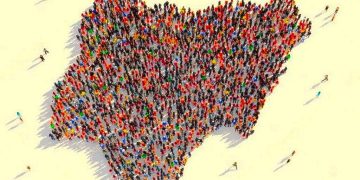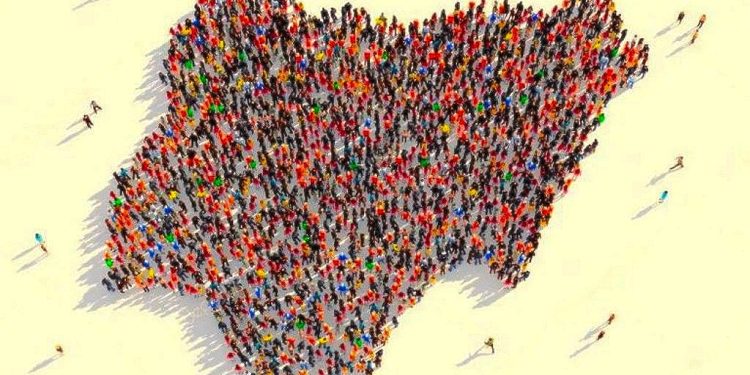By John Ikani
The Countdown is on, as Nigeria gears up for its second most highly-anticipated event of the year – the national census!
After 17 long years, the National Population Commission (NPC) will be fanning out across the country to get a snapshot of who and where the people of Nigeria are, and what they need to thrive.
The census will take place from March 29 to April 2, providing a wealth of information for the government, businesses, and communities to make informed decisions about the future.
As the most populous country in Africa, Nigeria’s population has been estimated to be over 200 million, and is expected to double by 2050.
This means that Nigeria is on track to become the third most populous country in the world, overtaking the United States.
With such a rapidly growing population, it’s more important than ever to have accurate data on the ethnic makeup and distribution of the population.
This census will have a significant impact on how resources are allocated, how infrastructure is developed, and how political representation is determined.
The census figures will be used to determine the sharing of oil revenues and political representation among Nigeria’s 36 states and 300 ethnic groups.
Previous census counts have been plagued by disputes among the country’s three main ethnic groups, the Fulani, Yoruba, and Igbo, which has led to questions about the accuracy of the data and calls for a new census to be conducted.
The census was initially planned for 2021, but due to widespread insecurity, particularly in the north of the country where an Islamist insurgency and kidnappings for ransom have been ongoing, the NPC decided to postpone the process until this year.
This time around, the NPC has promised to leave no stone unturned and to go the extra mile to ensure that the census is conducted with the highest level of accuracy and integrity.
This census is a chance for every Nigerian to make their mark and shape the future of their country. So, mark your calendars, and get ready to be counted!


































